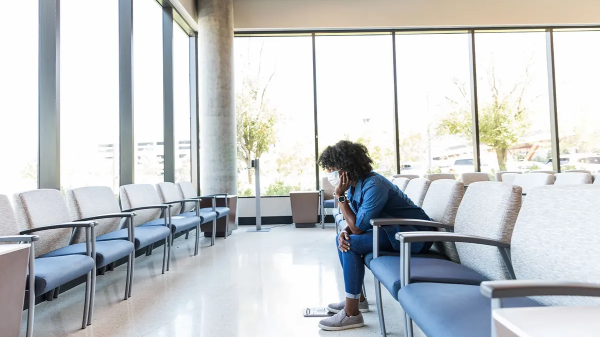
The Fred Hutchinson Cancer Research Center has announced the 2019 recipients of the Harold M. Weintraub Graduate Student Award, which recognizes outstanding achievement in graduate studies in the biological sciences. Biomedical Sciences (BMS) PhD candidate Adair Borges and Dr. Yiming Chen, who recently graduated from UCSF’s Nueroscience PhD program, are among the 13 awardees.
Nominations for the prestigious Weintraub Award are solicited internationally. This year’s recipients represent academic institutions around the United States, including Johns Hopkins, Harvard, Indiana University, MIT, Stanford, UCSF, and the University of Washington.
The award and related symposium honor the late Harold M. Weintraub, PhD, a founding member of the Basic Sciences Division at Fred Hutch and a leader in the field of molecular biology.
All awardees will receive an honorarium and travel expenses to Seattle, where they will present their research findings in a scientific symposium on May 3 at the Hutch.
Adair Borges describes her research: “Bacteria are locked in an ancient battle with the viruses that infect them, which are called bacteriophages (phages). Bacteria use an adaptive immune system called CRISPR-Cas to defend themselves from phage infection, but phages fight back by producing 'anti-CRISPR' proteins that inhibit CRISPR-Cas activity. I study the strategies that bacteriophages use to overcome CRISPR-Cas immunity during infection. I demonstrated that phages must work together and cooperate to produce a high enough anti-CRISPR dose to fully inactivate bacterial immunity. One phage alone cannot take over a bacterial cell, but by working together the phage population can ensure its collective survival. Currently, I am mining the genomes of phages and other mobile genetic elements for 'super anti-CRISPRs' that would allow even a single genetic parasite to overcome CRISPR alone. The CRISPR/anti-CRISPR arms race is a site of extraordinary evolutionary innovation, illuminating the diverse strategies employed by parasites to defeat host immunity,” said Borges.
As a fifth-year BMS student, Adair is a member of the Bondy-Denomy Lab at UCSF. Featured in the University of California's "Boldly Californian" campaign last fall, Adair has been an outspoken advocate for LGBT scientists and active in efforts to create a welcoming campus climate for all students at UCSF.
Yiming Chen describes his research: “Animals have the remarkable ability to sense their internal state and then generate behaviors that satisfy their physiologic needs. In the Knight lab [at UCSF], I studied how specialized neural circuits in the hypothalamus regulate hunger. I found that the key feeding neurons are regulated within seconds by the sight and smell of food, in a way that predicts how many calories a mouse will eat in an upcoming meal. This finding shows how hypothalamus neurons can utilize sensory cues to predict physiological changes and regulate behavior preemptively. Then, I performed a series of studies that unravel the implication of this finding," said Chen.
Dr. Chen has accepted a postdoctoral appointment in Dr. Karl Deisseroth's lab at Stanford, where he will be using optic tools to draw connections among behavior, genetics, and neural dynamics. Yiming's faculty mentor at UCSF was Dr. Zachary Knight.
This is not the first time the Weintraub has gone to UCSF graduate students; three received it in 2018, one in 2017, one in 2016, and two in 2015.
The Weintraub Award is supported by the Fred Hutch Weintraub and Groudine Fund, which was established to foster intellectual exchange through the promotion of programs for graduate students, fellows, and visiting scholars. Read more about the Weintraub Award, the 2019 recipients, and the important work of the Hutch.




